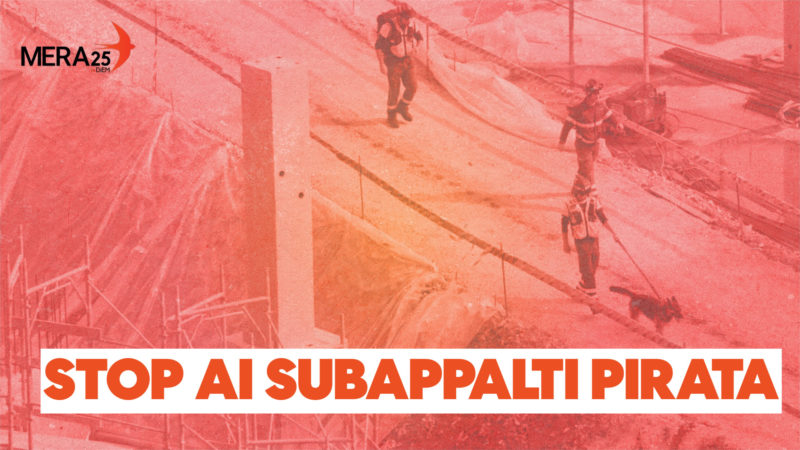In the rural county of Devon in the UK lies the historic port of Plymouth, home to Britain’s Trident nuclear weapon system. Managing that facility is Babcock International Group PLC, an arms manufacturer listed on the FTSE 250 with a turnover in 2020 of £4.9bn.
What is much less known, however, is that Babcock also runs the education services in Devon, and in many other areas across the UK. After the global financial crisis of 2008-9, with governments around the world adopting austerity policies, cuts to local authorities ran to more than 40% and local education services were tendered out to the private sector. In Devon, it was Babcock who won the bid to run them.
The arms company, which powers conflict and violence across the world, is now one of just twelve accredited education service providers in the UK.
A statement on its website describes its activities as: “…a unique joint venture between Babcock International Group plc and Devon County Council, combining best commercial practice with the values and principles of the public sector service.”
Such a relationship introduces moral hazard where none existed before. “Best commercial practice” — in other words, competition — is not a public service value, and its application in education has severe consequences for the most vulnerable, as will be shown. Private companies in public service also present challenges for accountability and in this case, the presence of the arms trade raises other moral questions around consent.
Yet Babcock is not the only weapons manufacturer providing education to children. Other UK arms companies, like the giant BAE systems that designed Britain’s Trident nuclear submarines, have also found their way into schools recently, giving them teaching materials and, according to The Guardian, “providing a missile simulator for children to play with”. Commenting on the affair, Andrew Smith, spokesman for the Campaign Against Arms Trade said that: “When these companies are promoting themselves to children they are not talking about the deadly impact their weapons are having. [..] Schools [..] should never be used as commercial vehicles for arms companies.”
It is time, as that same spokesman said, for arms companies to be kicked out of the classroom.
An authoritarian approach; an arrangement that resists public scrutiny
There is a real and worrying question of how the culture of the arms trade, of Babcock, influences the education resources they provide.
Consider the following case. Babcock’s ‘responsibilities’ in Devon include attendance monitoring and pupil assessment — tasks to which they apply a hardline authoritarian approach. When a child is absent from school, Babcock threatens their parents with £2,500 fines and up to three months imprisonment, as shown in the letter below:
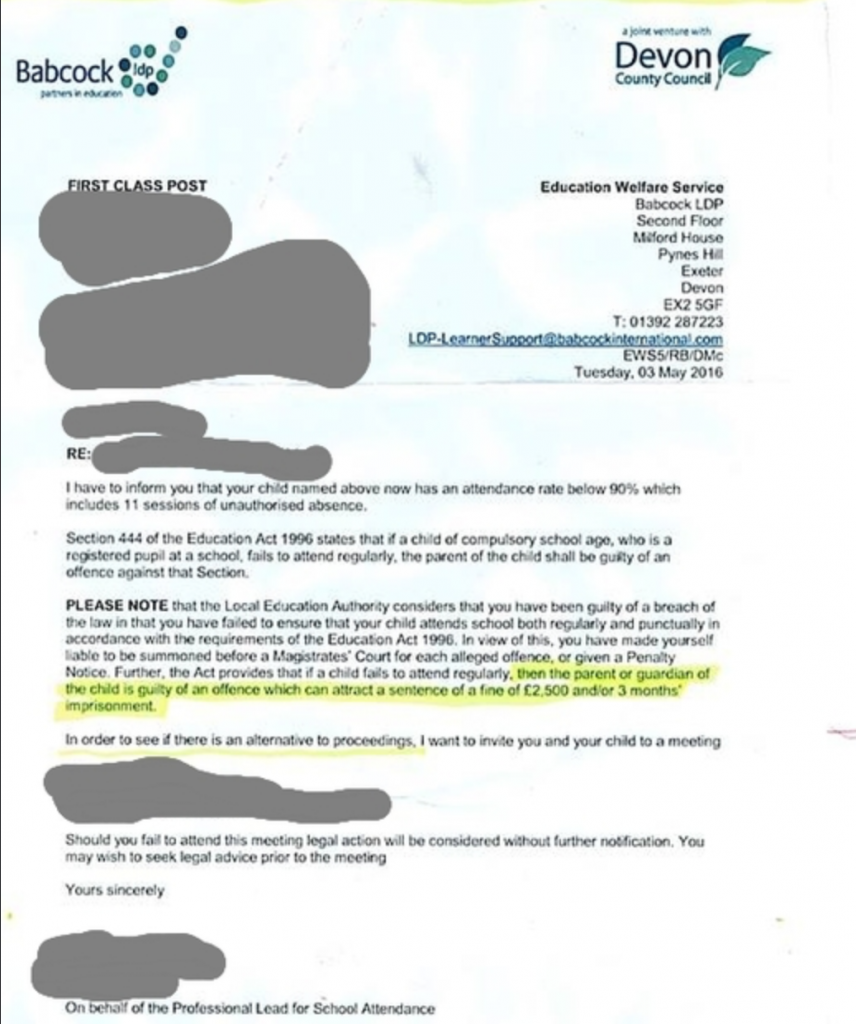
The letter and others like it created a furore among parents of Devon pupils, and in 2016 a petition was started, calling on Devon County Council to cancel Babcock’s contract when it was due for renewal in 2019. The petition gained few signatures (just over a thousand) and the 2019 renewal went ahead. It is now due to end in 2022.
In 2017, a concerned parent filed a Freedom of Information request to Devon County Council for details of their contract with Babcock. It was refused on the grounds of commercial sensitivity. The parent appealed the decision, blaming the Council for “obfuscatory gatekeeping, time delaying, avoidance tactics”, and although the information was finally disclosed the Council was found in breach of the Freedom of Information Act for the delay. A child’s education is of the highest moral importance and those involved should welcome scrutiny. This is clearly not the case with Babcock’s arrangement in Devon.
Off-rolling: pushing out the weakest to stay competitive
The culture of business, especially the business of building and selling weapons, is entirely misplaced in education. Competition is not how you achieve results, and scoring on the schools league table is not a measure of success.
Yet these are the principles being applied. In 2019, Tes, an online education resource provider, reported on a worrying trend. Increasing numbers of parents of pupils who struggled with school were being “coerced, nudged and persuaded” into homeschooling their children — i.e. removing them from the school roll, where their performance could no longer affect the school’s league table ranking — in a practice that has become known as ‘off-rolling’.
The motivation for this practice is simple: it is “triggered by league table position”, according to a 2019 YouGov report. One secondary school Deputy Head Teacher says in the report: “There could be a temptation to off-roll [a pupil] so they don’t bring the school’s results down… Morally I don’t agree with it.” Off-rolling is unethical; it puts intense strain on parents and is, quite simply, unlawful.
Unsurprisingly, Babcock in Devon provides an illustration of this awful practice in action. The tables below are from official documents from Babcock and Devon County Council.
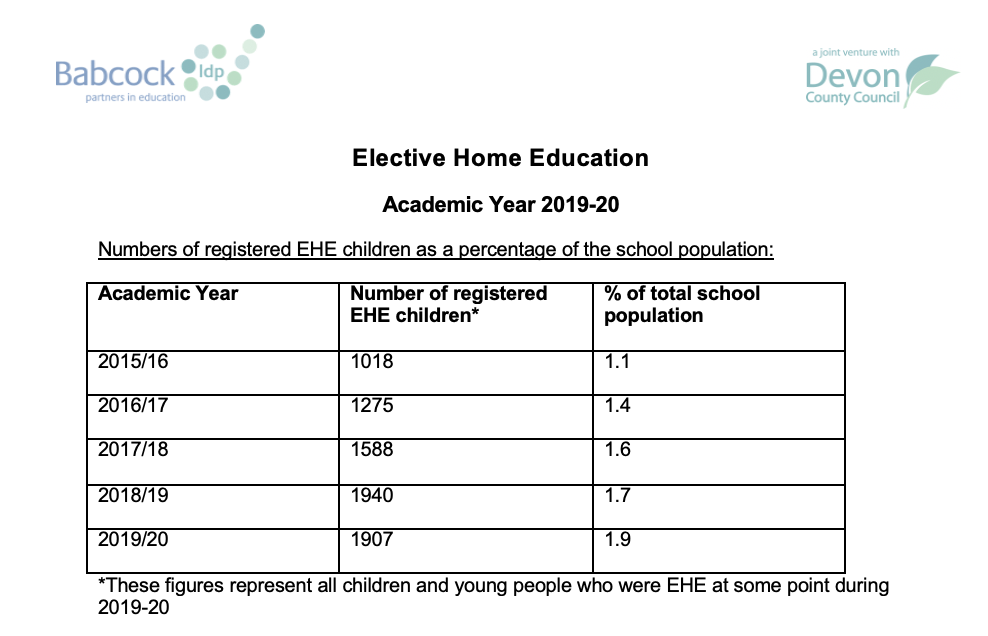
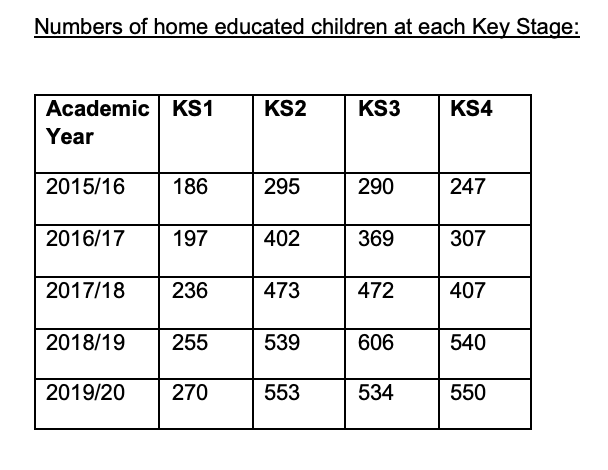
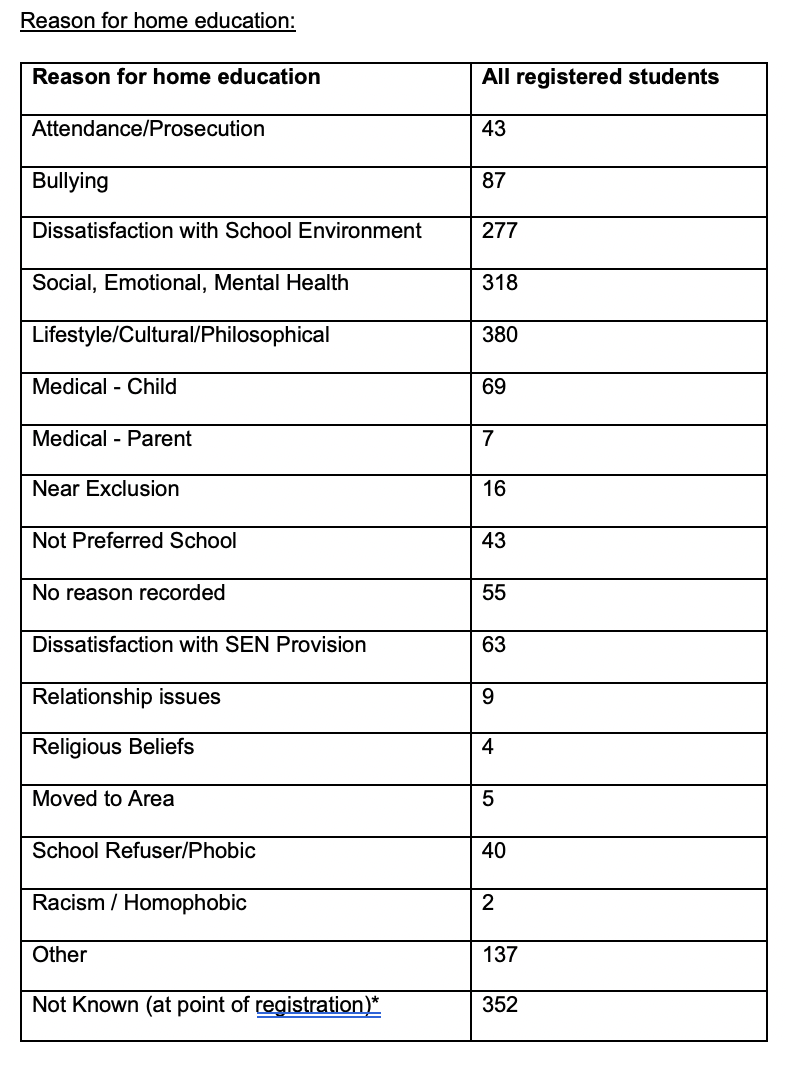
The statistics speak for themselves; the percentage of schoolchildren in Devon registered for home-schooling (EHE) rose from 1.1% in 2015/16 to 1.9% in 2019/20. This points to an additional 889 children having been ‘off-rolled’ out of Devon’s schools by Babcock.
A vital choice that parents are denied
The last issue has to do with belief and choice. The right to religious freedom is compromised when, for example, you are forced to take part in religious services not of your own religion. The UK is a secular society and such rights are strongly defended, but do they extend further? Everyone pays for defence through taxation in a kind of ‘received consent’, but it is unjust that those who profit from it should be able to come back to take a second slice of the public finance cake. There is no similar ‘received consent’ over the arms trade providing education.
With the tendering out of local education services to the private sector, the arms trade is where the education money is going, beyond the defence budget. And if your child needs an education, you find yourself unwittingly complicit in building a respectable public profile and increasing profits for people who sell guns. There is a saying in market culture ‘there are two sides to every trade’. The arms trade exists for its customers and its shareholders; it is morally unacceptable for parents of schoolchildren to be included as part of its commercial operations.
What happens to the contract between Devon County Council and Babcock in 2022 could be down to public pressure. It is an important test case for whether we, as citizens, as progressives, can get the arms trade out of our schools. Shall we give it a try?
Tony Dale is a retired musician, composer and educationalist. Performances of his music include London’s South Bank Centre and Institute for Contemporary Arts. He has lectured at the Royal Society and consulted for the Roehampton Institute.
DiEM25 members are currently discussing possible actions to address the issue discussed in this article. If you’d like to be involved, or if you have knowledge, skills or ideas to contribute on this, join the dedicated thread in our forum and introduce yourself, or get in touch with the author of this piece directly.
Photo Sources: CDC from Pexels and Wikimedia Commons.
Do you want to be informed of DiEM25's actions? Sign up here


